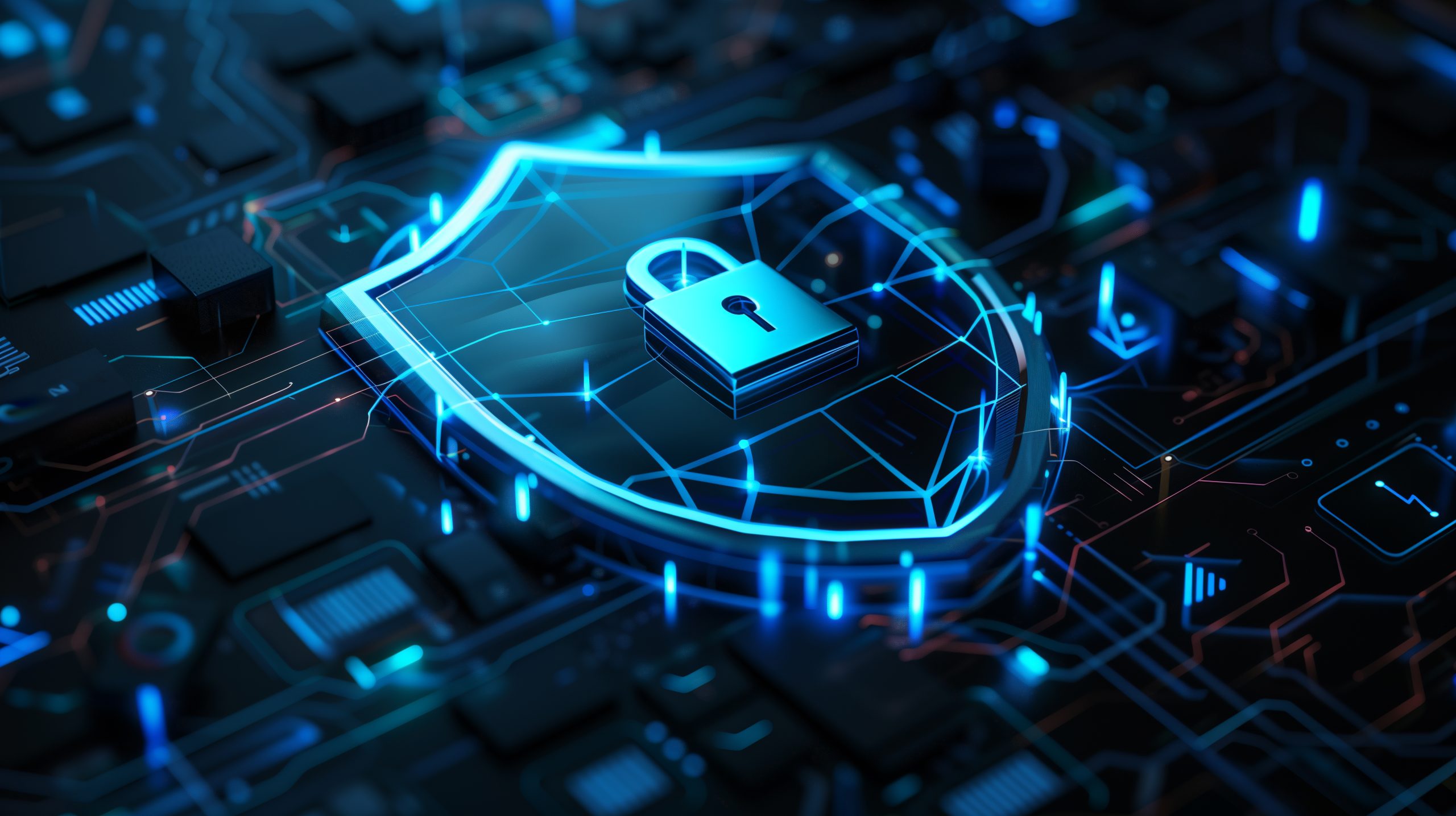
As healthcare providers in India increasingly move toward digital transformation, ensuring cybersecurity has become more critical than ever. With digital health tools like electronic health records (EHR), telemedicine, and cloud-based systems, the volume of sensitive patient data is growing, making the sector a prime target for cyberattacks. This blog explores the best cybersecurity solutions tailored to healthcare companies in India, offering strategies to secure patient data while meeting compliance requirements.
Why Healthcare Providers Are Vulnerable to Cybersecurity Threats
The healthcare sector in India is under constant threat from cybercriminals due to various vulnerabilities:
- Legacy Systems: Healthcare institutions often rely on outdated infrastructure that doesn't meet modern security standards.
- Human Error: Lack of cybersecurity awareness among staff members contributes significantly to data breaches.
- Complex Data Flow: A large volume of sensitive patient data is transferred across multiple channels, increasing the potential for cyberattacks.
Understanding these vulnerabilities is key to deploying an effective cybersecurity strategy in healthcare.
Common Cybersecurity Threats in Healthcare
Healthcare organizations in India face a wide array of cybersecurity threats, including:
- Ransomware: Malicious software that locks critical data and demands a ransom for its release.
- Phishing: Cybercriminals trick employees into disclosing sensitive credentials via fraudulent emails.
- Insider Threats: Current or former employees misusing their access to patient data.
- Misconfigured Cloud Infrastructure: Security gaps caused by improperly configured cloud services.
- Vulnerable Medical Devices: Internet of Things (IoT) medical devices that are not securely configured.
By recognizing these threats, healthcare organizations can better protect against potential attacks.
Top Cybersecurity Solutions for Healthcare Companies in India
Healthcare organizations must implement a comprehensive cybersecurity framework to combat these growing risks. Here are the best solutions for protecting sensitive healthcare data:
- Real-Time Threat Monitoring & SIEM Solutions Security Information and Event Management (SIEM) solutions continuously monitor and alert healthcare providers of potential threats, allowing for proactive responses.
- Firewalls & Intrusion Detection Systems (IDS) These essential tools protect healthcare networks by blocking unauthorized access and monitoring for signs of intrusion.
- Role-Based Access Control (RBAC) RBAC ensures that only authorized personnel have access to sensitive patient data, helping minimize the risks of data leaks and breaches.
- Zero Trust Security Framework A Zero Trust model requires continuous verification of every access request, assuming no trust within the network. This approach reduces the likelihood of internal threats.
- Endpoint Detection and Response (EDR) EDR systems monitor all connected devices (computers, smartphones, medical devices) for any suspicious activity, providing an additional layer of protection against breaches.
- Data Encryption Encryption ensures that patient data is unreadable to unauthorized users, both when it’s stored and transmitted across networks.
- Cloud Security Solutions (CASB) Cloud Access Security Brokers (CASBs) enforce security policies on cloud services, allowing healthcare organizations to safeguard their data stored in cloud environments.
Data Loss Prevention (DLP) in Healthcare
A critical component of healthcare cybersecurity is Data Loss Prevention (DLP). DLP solutions prevent unauthorized movement or leakage of sensitive data, such as patient health information (PHI), across internal or external channels. Key features of DLP solutions include:
- Data Classification: DLP tools categorize sensitive data, ensuring that it is protected accordingly.
- Policy Enforcement: Prevents the accidental transmission of sensitive data through insecure channels.
- Behavioral Analytics: Detects unusual activities that may indicate data exfiltration or insider threats.
- Cloud Integration: Modern DLP tools integrate seamlessly with cloud storage and applications, maintaining a secure environment for sensitive data.
Key Features of the Best Cybersecurity Solutions for Healthcare
When choosing cybersecurity solutions for healthcare organizations, the following features are essential for optimal protection:
- Compliance with Healthcare Standards: Ensure the solution complies with global standards like HIPAA, ISO 27001, and India’s Personal Data Protection Bill (PDPB).
- Scalability: Solutions must grow with the healthcare organization, handling increasing data and patient interactions.
- Interoperability: Security systems should integrate smoothly with existing healthcare infrastructure, including EHR and hospital information systems (HIS).
- AI-Powered Threat Detection: Use artificial intelligence to detect and mitigate evolving cyber threats in real-time.
- Incident Response: Ensure the system includes rapid response capabilities to limit the damage from breaches.
These features ensure that healthcare organizations can maintain a secure IT infrastructure, prevent cyberattacks, and comply with data protection regulations.
Why Cloud Patrons Is the Ideal Cybersecurity Partner for Healthcare
Cloud Patrons provides comprehensive, tailored cybersecurity solutions for the healthcare industry in India. Here's why Cloud Patrons is the perfect partner for your organization:
- Expertise in Healthcare Security: Deep knowledge of the specific cybersecurity challenges healthcare organizations face.
- 24/7 Monitoring and Response: Continuous security monitoring ensures that threats are detected and mitigated promptly.
- Regulatory Compliance: Our solutions meet the stringent requirements of HIPAA, ISO 27001, and India’s PDPB.
- AI & ML-Powered Threat Detection: Leverage artificial intelligence and machine learning to predict and stop cyber threats before they affect your operations.
- Custom Solutions: Tailored to the unique needs of healthcare organizations, from hospitals to clinics and medical startups.
Partnering with Cloud Patrons ensures that your healthcare data remains protected against cyber threats, while maintaining compliance with industry regulations.
Conclusion
With cybersecurity threats rapidly increasing, healthcare organizations in India must take immediate steps to protect their patient data. Implementing comprehensive solutions such as DLP, zero-trust frameworks, and cloud security is essential for safeguarding sensitive information. By partnering with experts like Cloud Patrons, healthcare providers can ensure that their digital health tools remain secure and compliant with regulatory standards.
FAQ
Healthcare providers handle sensitive patient data such as medical records, insurance details, and personal identifiers. Any breach can result in financial loss, legal penalties, and loss of patient trust. Cybersecurity ensures data protection, compliance, and uninterrupted healthcare delivery.
Healthcare organizations face threats like ransomware, phishing attacks, insider misuse, misconfigured cloud systems, and insecure medical IoT devices. These threats target both data security and system availability.
Key protection measures include encryption, role-based access control (RBAC), zero-trust frameworks, data loss prevention (DLP), and continuous threat monitoring. Regular employee training also helps reduce risks caused by human error.
DLP solutions prevent sensitive patient health information (PHI) from being leaked or transmitted outside authorized systems. They classify data, enforce policies, and monitor user behavior to stop data breaches before they happen.


